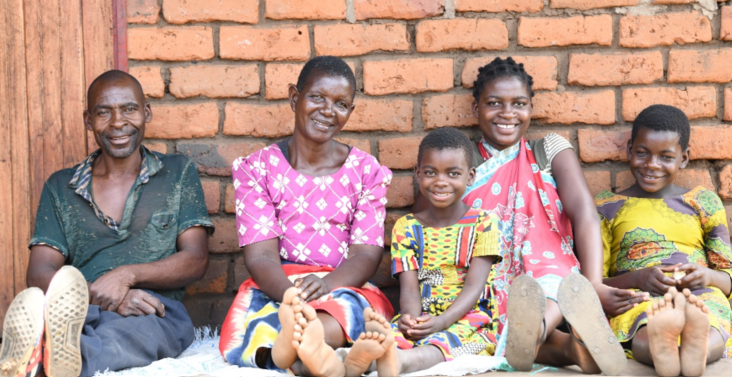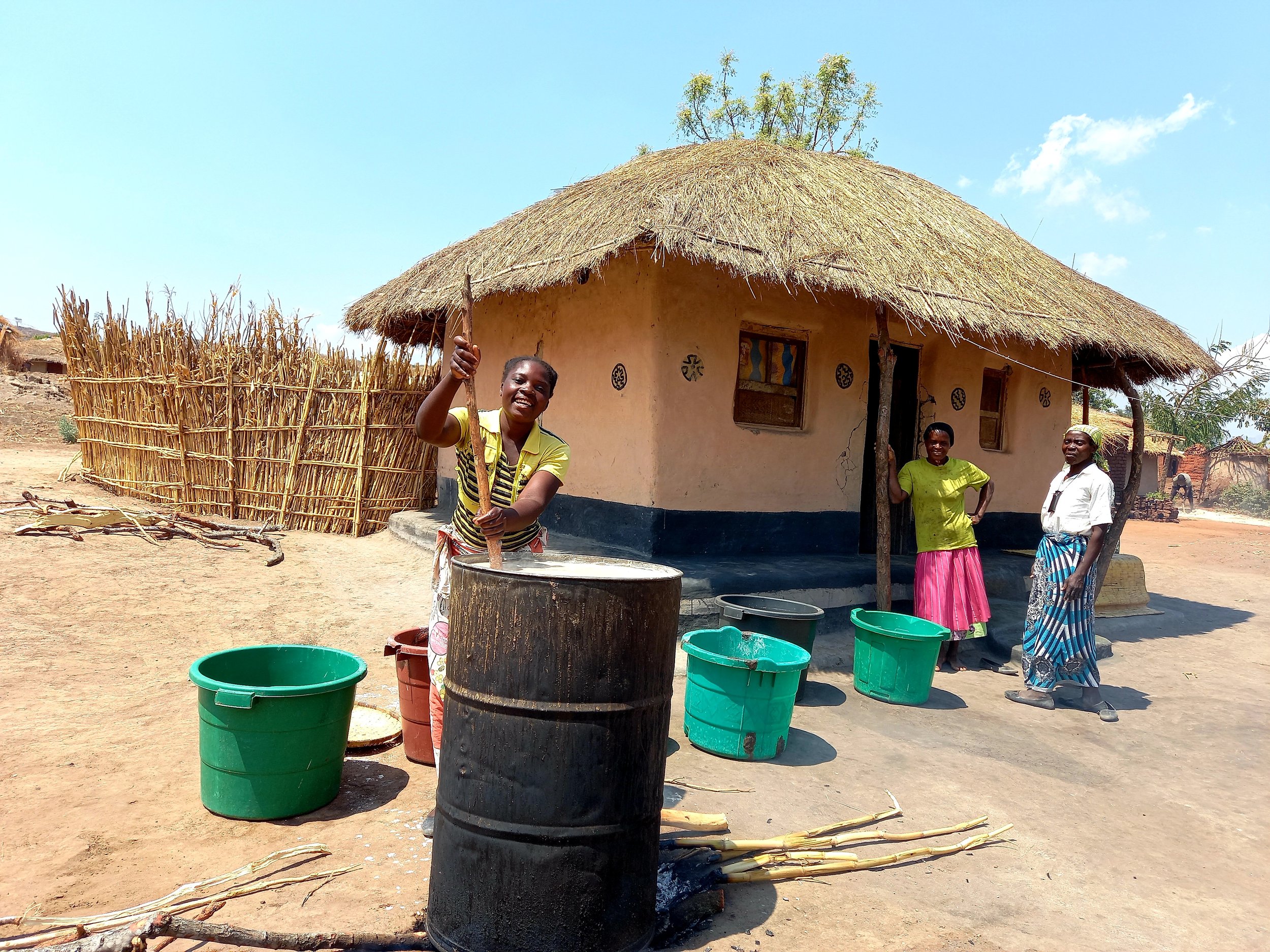In the village of Boyerbanga in Khulna District, Southwest Bangladesh, the ground is shifting. For Kakon Mollick, a new business opportunity has laid the foundations for more than just greater financial security for him and his family of three.
Kakon’s new career took root in 2015 when he was nominated by his community to become a business adviser, or ‘Local Service Provider’, as part of United Purpose’s Improving Food Security and Livelihoods project. Following his nomination, he was able to access UP training sessions on new techniques for vegetable production.
With his keen eye for growth, Kakon soon began running his own training service, offering on-farm demonstrations, tips and advice to other vegetable producers in the nearby area. Through the project, he was also supported to start a second business producing and selling vermicompost—an environmentally friendly, nutrient-rich organic fertiliser produced by earthworms.
In Bangladesh, overuse of chemical fertiliser has rapidly reduced soil quality. With only 1.5% of soil being recorded as organic matter, levels are below even the minimum recommendation of 3.5%. Vermicompost is proving to be a restorative force to be reckoned with. Not only has it improved growing conditions, the fertiliser costs much less to produce and has none of the global warming impact associated with other organic fertilisers (like cow dung).
Vermicompost is produced in 'bins' where worms eat through food scraps, leaving a nutrient rich soil.
From his vermicompost enterprise, Kakon is earning an extra Tk. 600-700 per month. And encouraged by this success, fifty other farmers have made the switch. Producing more vegetables, and cheaply, these pioneering local producers have been able to re-invest the money they have saved in their businesses, their children’s education and at home.
A local farmer takes a sample of vermicompost for harvesting.
Kakon’s business acumen is also opening opportunities beyond his immediate community, creating a bridge between his local farming community and the private sector. With new access to high-quality vegetable seeds and other equipment from private companies, he is able to sell these directly to local farmers. This much sought-after service provides Kakon with an annual income of Tk. 100,000.
His ambition and aptitude for production show no sign of slowing down. As an active member of the Batiaghata Service Provider Association (SPA), Kakon is building a renewed sense of trust and a common understanding between other business advisers. They are now working together to find more innovative ways to represent the local community.
Find out more about the project:













